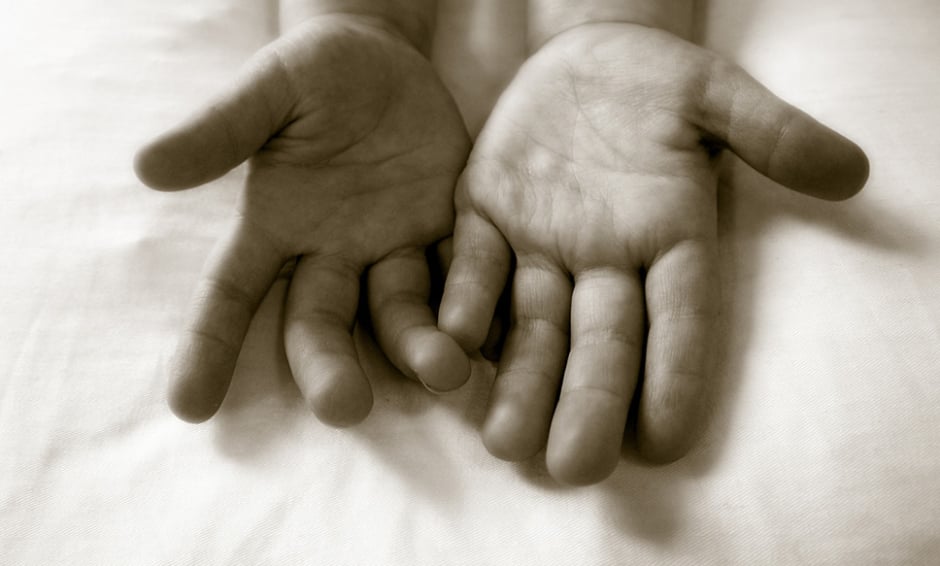MUTATIONS of CARD11 may facilitate the occurrence of eczema, a disease that affects millions of people globally, suggests a new study by the National Institute of Allergy and Infectious Diseases (NIAID). These variations inhibit the gene’s ability to produce a protein that plays a role in the skin’s ability to fight infection.
Researchers identified eight people with severe eczema who had mutations in CARD11. These eight people came from four families. It was noted that some of the subjects had additional health problems while others did not, leading them to hypothesise that mutations of CARD11could lead to eczema without comorbidities.
CARD11 encodes the CARD11 protein, which plays an important role in lymphocyte receptor signalling. Although a different mutation of CARD11 was present in each of the four families examined, the way these mutations interacted with the subjects’ T cell signalling was noticeably similar; with all mutations, researchers detected the disruption of two cell-signalling pathways, which were unable to function effectively because of the mutations. This, in turn, reduced the affected individual’s ability to combat infection.
Since one of the pathways in question is partially activated by glutamine, the researchers boosted glutamine levels in an effort to restore the pathway’s functionality. The results were promising, negating a portion of the cell-signalling defects that the mutation had caused. The researchers suggested that the next step is to analyse the efficacy of glutamine (and similar-functioning amino acids, such as leucine) supplements as a more general treatment for eczema patients, both with and without the CARD11 mutation.
Whilst further study is necessary to ensure the validity of these findings, these results represent a positive step towards novel therapies for the treatment of eczema. As currently there is no complete cure for the condition, this finding is an exciting one.
(Image: freeimages.com)







